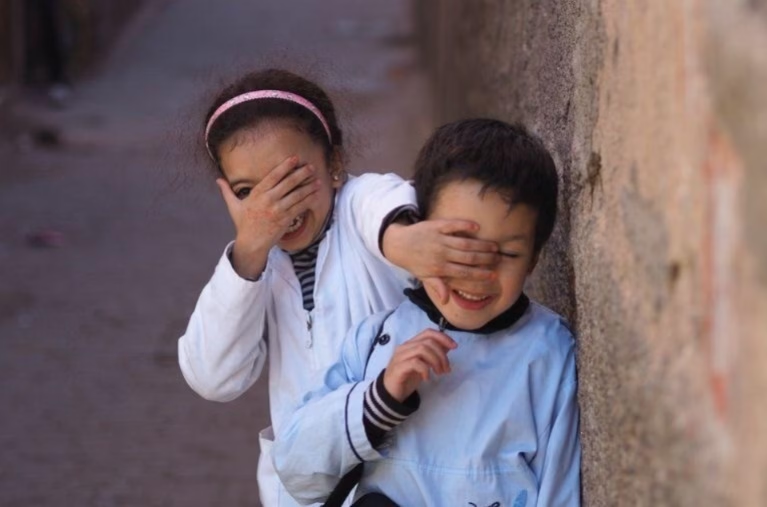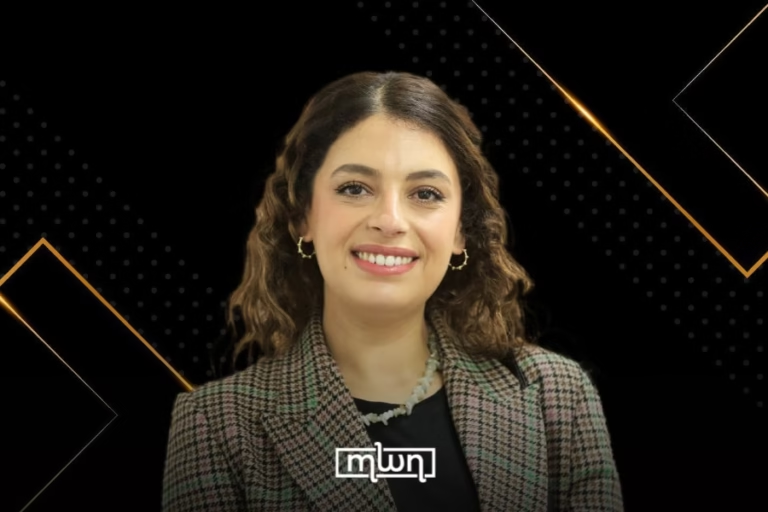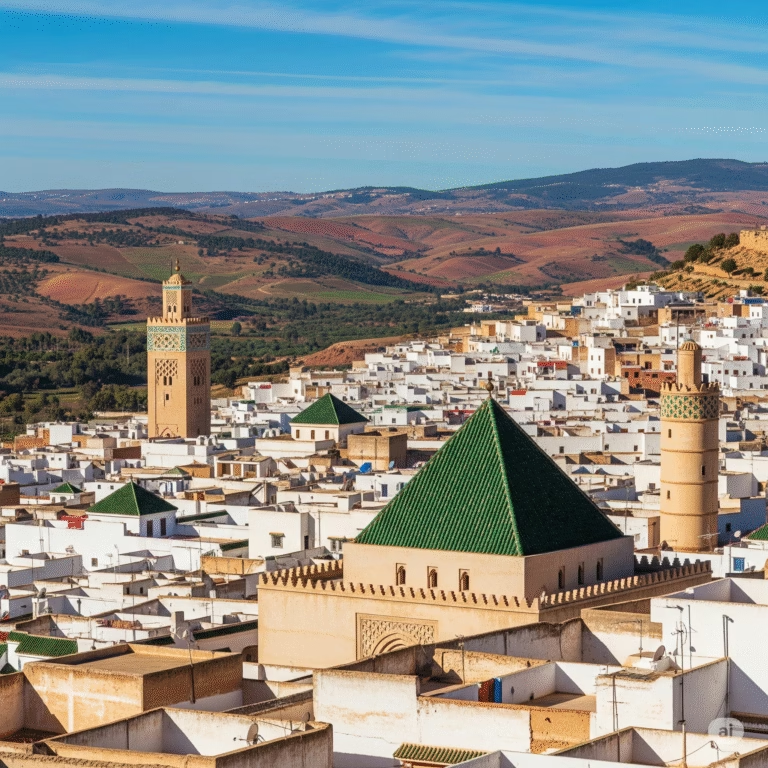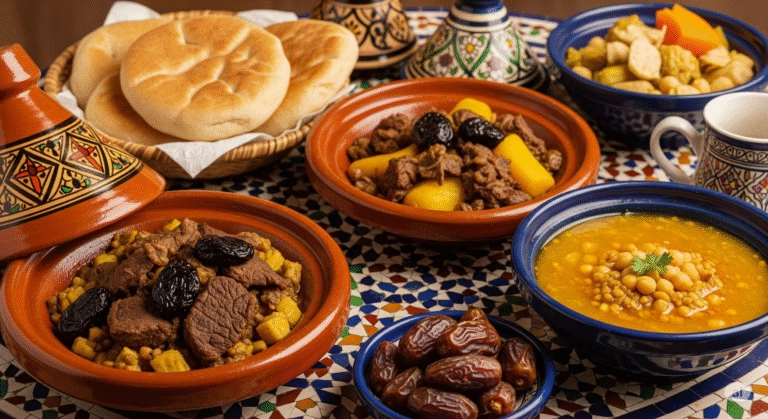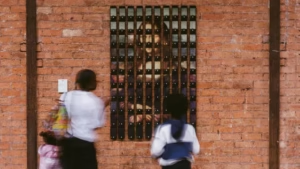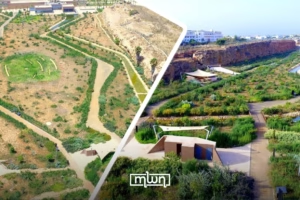A childhood jingle masks a generational truth
Fez– There’s a Moroccan chant that many of us grew up shouting joyfully under the first raindrops of winter: “Ashtata tatata, oulidat l’haratha!” It might sound like child’s play, but it tells a much bigger story.
A story about generations raised in the shadow of hardship, inherited fields, and a rain-fed economy that still dictates the rhythm of life.
The phrase “oulidat l’haratha”, literally “children of the plowmen”, is more than just a nostalgic nursery rhyme.
It’s an honest reflection of a country where farming isn’t just a profession but a destiny, passed down from parents to children like the family name.
Despite decades of change, many Moroccans remain tethered to the soil, waiting year after year for the skies to deliver rain, and with it, the fragile promise of survival.
Rainfall in Morocco has always held spiritual and economic weight. The arrival of clouds means more than just wet streets, it signals hope.
When it’s late, we worry. When it’s generous, we breathe. From village to city, rain is often seen as the beginning of a “laam zin”, a good year.
But in a nation that still heavily relies on agriculture, the lack of rain can turn that optimism into panic.
And so, the tradition continues: children chant in the streets, elders organize “salat al-istisqa’” (the rain prayer), and we wait.
Always waiting. It’s a rhythm that feels timeless, but also stubbornly unchanging.
We’ve been taught, year after year, that agriculture is the backbone of Morocco’s economy. That our geography and climate are blessings.
But this rosy narrative often hides the structural cracks. Prime farmland isn’t always in the hands of those who need it most.
Much of it belongs to the state or powerful families, untouched by drought thanks to deep wells, private reservoirs, and resources that small farmers can only dream of.
Meanwhile, the everyday Moroccan farmer, the one who truly embodies “oulidat l’haratha” has been slowly squeezed out by rising costs, erratic seasons, and vanishing support.
In rural zones especially, the absence of institutional backup has pushed many smallholders to abandon their fields altogether, migrating to cities in search of stability that never quite arrives. Rain or shine, they rarely taste prosperity.
What’s frustrating is that we’ve been stuck in the same loop for decades. Instead of diversifying our economy, we’ve clung to rainfall as our safety net.
We’ve convinced ourselves we’re resource-poor, comparing ourselves to oil-rich nations, and ignoring the one asset we do have: people.
Human capital, when properly nurtured, can be a greater engine than any oil well. We’ve seen it elsewhere, in countries that once faced famine, war, or poverty but transformed themselves through serious investment in education and innovation.
Morocco has that potential. But as long as education remains underfunded, outdated, and uninspiring, the cycle won’t break.
True, there are teachers doing heroic work despite the odds. But they are exceptions in a system that still treats students as statistics, not minds.
The chant “Ashtata tatata, a oulidat l’haratha” still echoes today, not just in playgrounds, but in the quiet resignation of families who have learned to expect little and wait for rain to make up the difference.
It’s not just a song. It’s a summary of the Moroccan condition: hard work, no guarantees, and a nation still unsure how to plan beyond the weather forecast.
Until we commit to real change, from land reform to economic diversification to dignified, creative education, our future will continue to sway with the clouds.
And the children of the plowmen will keep singing, not because they choose to, but because they’ve never known another song.
Read also: Luxury Helicopter Flights Now Connect Málaga and Morocco

